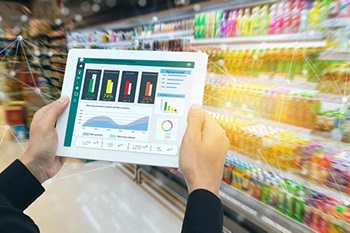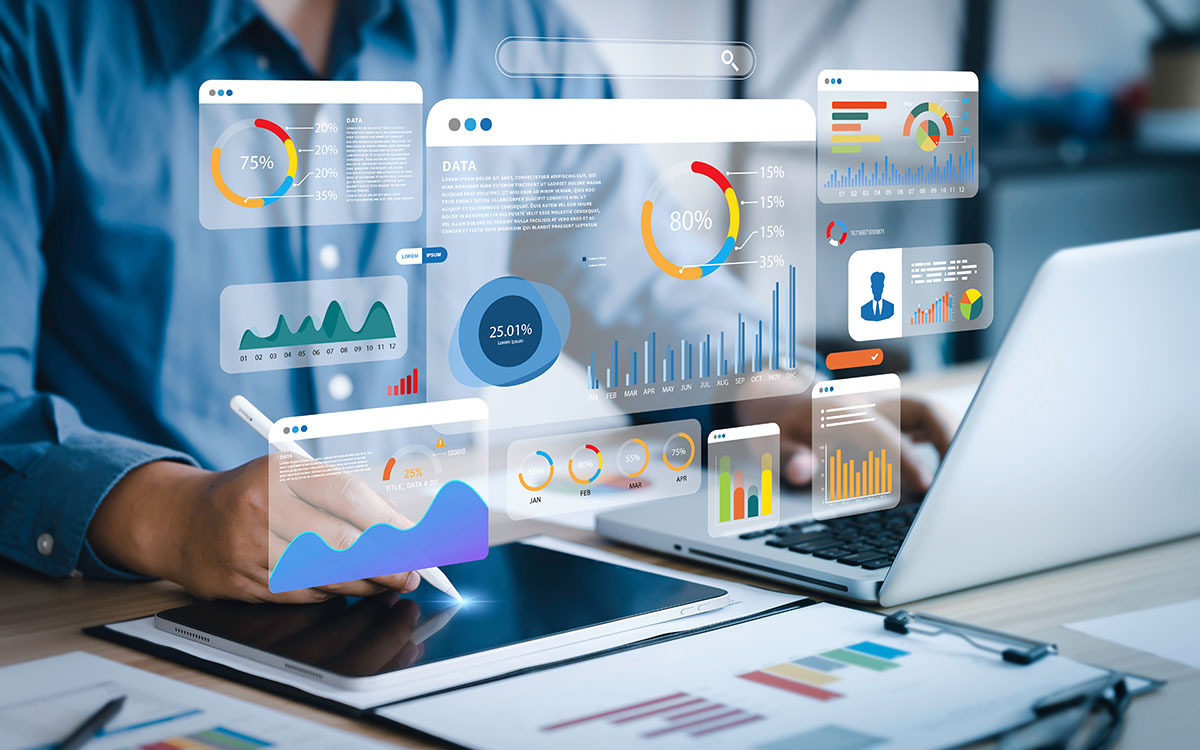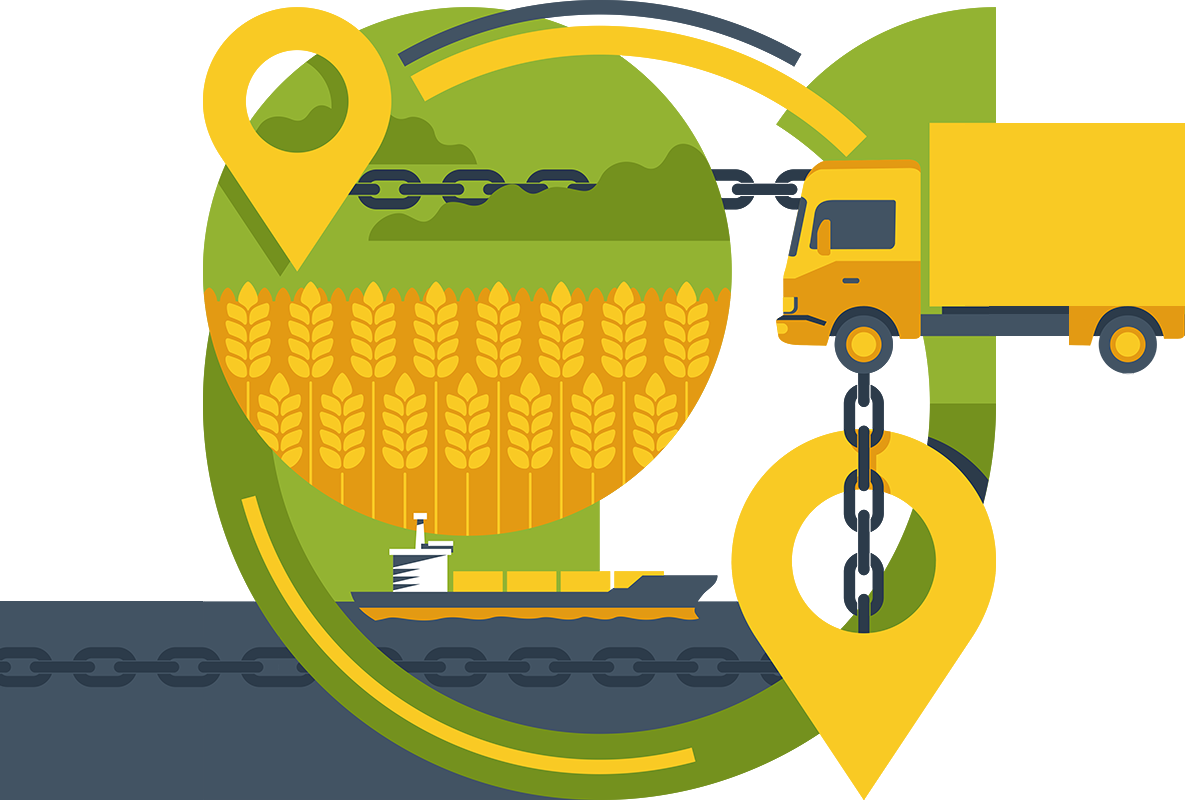By: Doug Baker, Vice President, Industry Relations, FMI

Business leaders in food retail are just starting to scratch the surface of how artificial intelligence (AI) will benefit their organizations and evolve this industry. There has also been a quiet call to action that more of the industry’s commercial
leadership should ground themselves in the fundamentals of AI to ensure long-term success.
According to FMI’s report, The Food Retailing Industry Speaks 2022, 88% of food retailers use some sort of technology to personalize the shopper’s
experience. Additionally, 73% of food suppliers said their technology investments in 2021 had a positive impact on their profits and losses.
Yet consequently, only 31% of food retailers use AI. Of those, their biggest AI applications are leveraging customer data and making decisions on pricing and promotion.
Right now, in the food retail industry, we should be focusing on how AI and machine learning (ML) improve process automation and customer engagement.
Beyond pricing and promotion, process automation supported by AI and ML are filling labor voids and taking over redundant tasks so people can move to other areas where there is a greater need and more benefit from having human labor involved.
From a security standpoint, AI-supported computer vision is helping with front-end theft and fraud by ensuring high-dollar items are not scanned using the barcode of a lower-priced item. AI also plays an important role in areas of security like weapons
detection, shotgun detection, and license plate and facial matching to ensure known bad actors don’t cause additional theft or loss in a store.
As for improving customer engagement, use technology to create a better, more efficient experience. People are much more comfortable using technology since the COVID-19 pandemic, and now retailers need to decide how to deploy that technology to ensure
customers have a more connected experience whether in-store or online.
Conversational AI and a voice assistant can help customers find items in the store or easily get questions about a product answered while they consider buying it. That ease of information can lead to someone deciding to purchase.
Process automation and customer engagement are both measurable. Automating a process within an organization and becoming more efficient drives profit to the bottom line. A more engaged customer will likely spend more money, improving the top line.
AI can also handle backend-type operation activities, such as forecasting and predictive modeling. When do you need to have products in the warehouse and the store? How might weather-related events impact your forecasting?
Over the years, technology has often followed strategy or as we saw during the pandemic, offered a solution to an issue. Technology-first companies would tell you that they are a technology company that sells consumer goods. Considering technology and
how it can drive strategy will become standard for successful businesses throughout the industry. It can answer the big questions, such as, “I have this specific need; how can I use technology to address it?”
We need to start considering artificial intelligence in that vein—that technology is a good thing that everybody and business will embrace, even if they don't completely understand it yet, and that provides measurable benefits. The time to get started
with AI is now.
For food retail and supplier leaders looking to ground themselves in the fundamentals of AI consider attending AI In Grocery, a two-day online seminar hosted by Grocery Doppio, powered by Incisiv.
I’ll be taking part in the discussion and look forward to learning more.


 Industry Topics address your specific area of expertise with resources, reports, events and more.
Industry Topics address your specific area of expertise with resources, reports, events and more.
 Our Research covers consumer behavior and retail operation benchmarks so you can make informed business decisions.
Our Research covers consumer behavior and retail operation benchmarks so you can make informed business decisions.
 Events and Education including online and in-person help you advance your food retail career.
Events and Education including online and in-person help you advance your food retail career.
 Food Safety training, resources and guidance that help you create a company food safety culture.
Food Safety training, resources and guidance that help you create a company food safety culture.
 Government Affairs work — federal and state — on the latest food industry policy, regulatory and legislative issues.
Government Affairs work — federal and state — on the latest food industry policy, regulatory and legislative issues.
 Get Involved. From industry awards to newsletters and committees, these resources help you take advantage of your membership.
Get Involved. From industry awards to newsletters and committees, these resources help you take advantage of your membership.
 Best practices, guidance documents, infographics, signage and more for the food industry on the COVID-19 pandemic.
Best practices, guidance documents, infographics, signage and more for the food industry on the COVID-19 pandemic.
